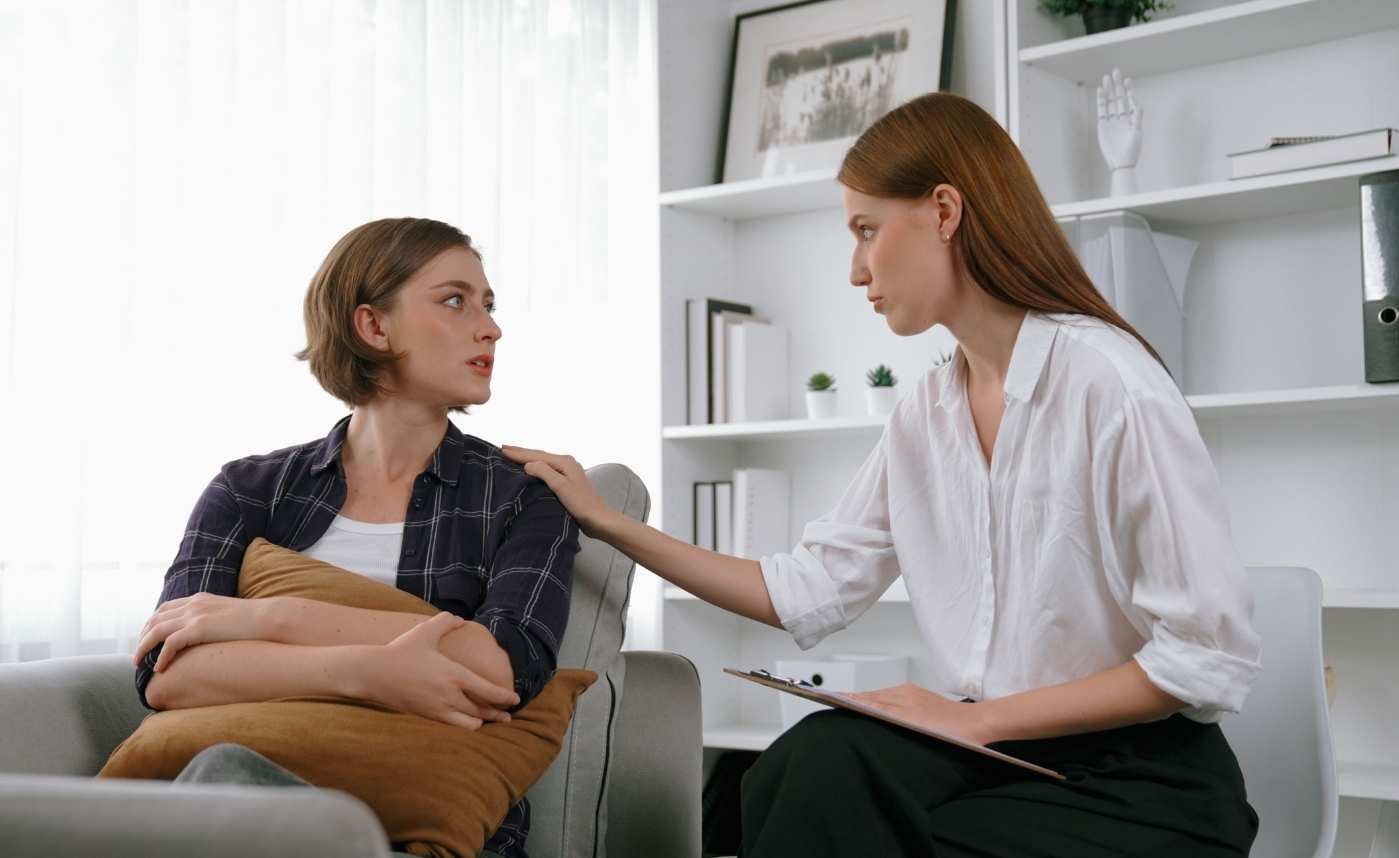Introduction
Orthorexia is an eating disorder that focuses on an obsession with “clean” or “healthy” eating. While making good food choices is important orthorexia goes far beyond this. It can harm both mental and physical health and may lead to serious long-term consequences if left untreated.
At ABBI Clinic, we work with children, young people and families across the UK to provide understanding specialist care and tailored support.
What is Orthorexia?
Orthorexia is not yet an official diagnosis in the DSM-5, but it is increasingly recognised by health professionals. The condition is defined by an unhealthy obsession with healthy eating.
People with orthorexia often:
- Spend excessive time planning meals
- Avoid entire food groups
- Experience anxiety when “safe” foods are unavailable
- Link their self-worth to eating perfectly
Over time, this rigid focus can lead to nutritional deficiencies, social withdrawal and in some cases, other eating disorders.
Warning Signs of Orthorexia
Spotting orthorexia early can make a huge difference. Look out for these signs:
- Preoccupation with food quality instead of enjoyment or balance
- Cutting out multiple food groups, such as carbs, dairy or fats
- Fear or guilt around eating “imperfect” meals
- Inflexibility struggling to eat out or accept food prepared by others
- Declining physical health like fatigue weight changes or low immunity
Did you know? Research published in the National Library of Medicine suggests that up to 7% of the general population may show orthorexic tendencies with rates higher among athletes and medical students.
Symptoms You Shouldn’t Ignore
Orthorexia symptoms can affect both body and mind.
Physical Symptoms
- Weight loss or malnutrition
- Weakness and tiredness
- Stomach or digestive issues
Emotional & Mental Symptoms
- Constant anxiety around food choices
- Feeling “impure” after eating certain foods
- Obsession with social media “clean eating” trends
Social Symptoms
- Avoiding meals with friends and family
- Judging others’ eating habits
- Isolation or withdrawal from activities
Treatment for Orthorexia
Orthorexia requires compassionate, tailored care. At ABBI Clinic, we provide a safe environment for young people and families to heal together.
1. Professional Assessment
An initial assessment helps us understand the individual’s relationship with food, physical health and emotional wellbeing.
2. Nutritional Support
Specialist dietitians work with families to reintroduce variety and restore balance in eating habits.
3. Therapy and Counselling
Therapies such as CBT-E (Cognitive Behavioural Therapy – Enhanced) are effective in challenging rigid food rules and reducing anxiety.
4. Family Involvement
We believe recovery is strongest when families are supported too. Parents and carers learn how to encourage healthy habits without reinforcing strict rules.
If you’re concerned about a loved one, early intervention is key. Explore our treatment services to see how ABBI Clinic can help.
Why Early Help Matters?
Left untreated, orthorexia can lead to:
- Malnutrition and vitamin deficiencies
- Increased risk of osteoporosis and anaemia
- Heightened anxiety or depression
- A pathway into anorexia or bulimia
According to the NHS, eating disorders affect around 1.25 million people in the UK at any given time Source. Orthorexia is part of this growing concern and deserves equal attention.
Supporting Someone with Orthorexia
If you think someone close to you is struggling:
- Listen without judgement show empathy and avoid criticism
- Encourage professional help specialist support is vital
- Be patient recovery takes time and understanding
- Model balanced eating avoid talking about diets or “good” and “bad” foods
At ABBI Clinic, we are here to guide families through this journey with professional, compassionate care.
FAQs
1. Is orthorexia the same as healthy eating?
No. Healthy eating is balanced and flexible while orthorexia is rigid and obsessive.
2. Can orthorexia be life-threatening?
Yes if it leads to malnutrition or other health complications.
3. Who is most at risk of orthorexia?
People exposed to health-related pressures like athletes or young adults.
4. Can orthorexia be treated?
Yes with therapy, nutritional support and early intervention recovery is possible.
5. How can ABBI Clinic help?
We provide personalised treatment, family support and evidence-based therapies.
Final Thoughts
Orthorexia often begins with wanting to eat healthily but it can soon turn harmful. Spotting the signs, symptoms and treatment options early is the first step to recovery.
At ABBI Clinic, we are dedicated to helping young people and their families overcome eating disorders with compassion, care and proven treatment approaches. Learn more about our specialist support and take the first step towards recovery today.



